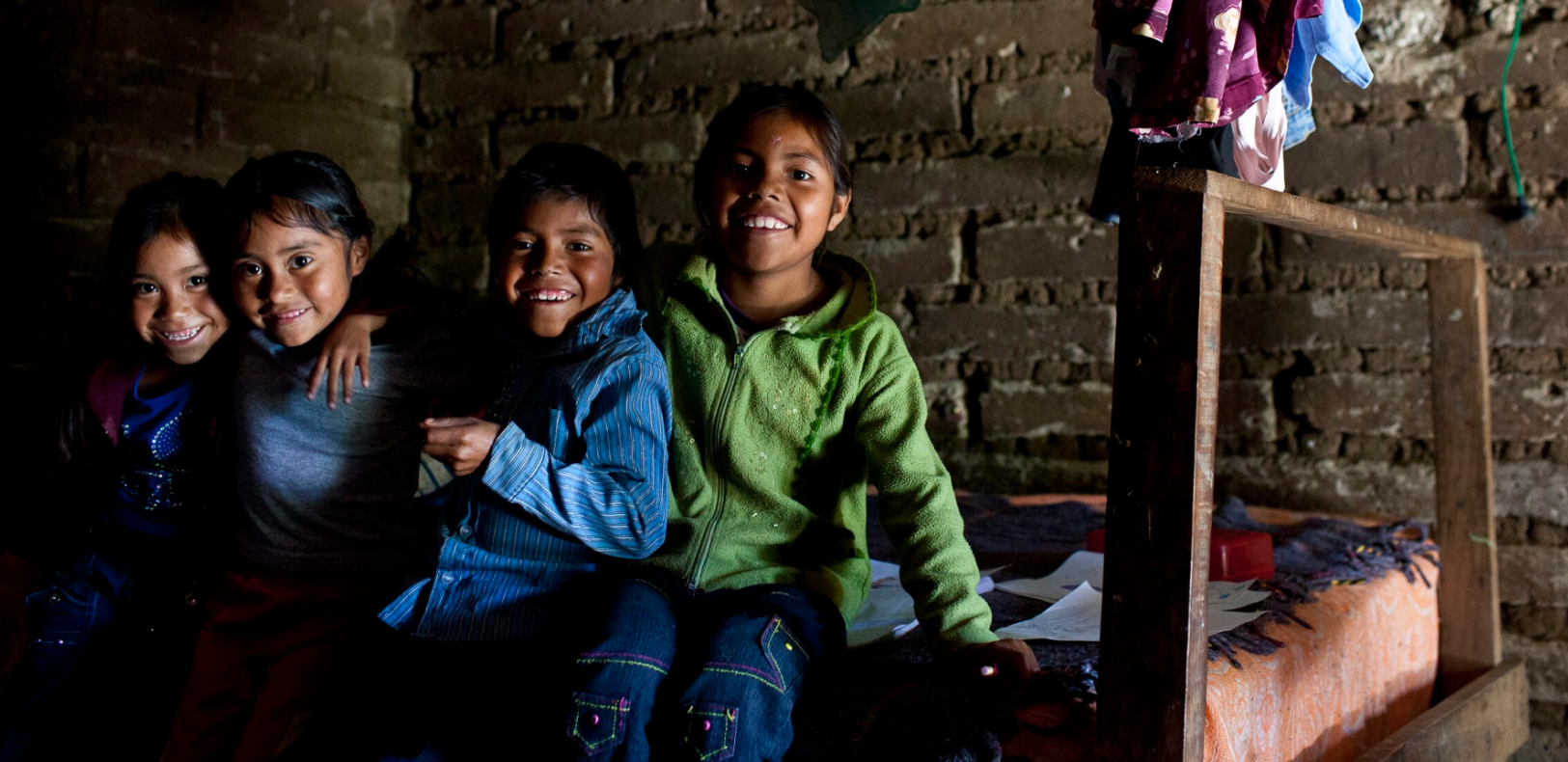|
Novelist Jeanine Cummins uses these lines from Chilean poet Pablo Neruda´s poem “The Song of Despair” as an epigraph in her novel “American Dirt.” The novel tells the story of a mother and son from the State of Guerrero in Mexico who wage an unbelievable struggle for life and freedom from the violence that engulfs this state and others in Mexico. Just the other day I received a phone call from Paloma, a young mother from Guerrero who is in hiding with her husband Santiago and three small children. I have known Paloma since she was born. She has no formal education, but she is an incredible young woman and a great mother. Santiago’s two brothers were recently murdered by members of a crime cartel; Santiago managed to escape, but everyone in the village knows that his name is on the hit list. I helped the family contact a human rights organization that is trying to get them asylum in another country. However, due to the COVID pandemic, all of that paperwork is presently on hold, and the family remains in hiding. Impoverishment, violence, corruption, discrimination, impunity, injustice … these are the daily fare of too many indigenous people living in the mountains of the State of Guerrero. The reason that the above-mentioned lines from Pablo Neruda come to my mind is that Mission Mexico has for twenty years been a “fruit” for many in the midst of the “thirst and hunger” of this reality; it has been “the miracle” for many in the midst of the “grief and ruins” of this reality. Since the year 2000, Mission Mexico has been accompanying the people of “the Mountain” of Guerrero. Approximately 500,000 people from three indigenous cultures (Na´savi, Me’phaa, Nahua) live spread out among 700 towns and villages. Mission Mexico has partnered with several trustworthy Mexican organizations to promote projects related especially to health, education, and self-sufficiency. Transformation of such a difficult reality has never been easy, but Mission Mexico has earned the gratitude of thousands of families living in this poorest region of the country of Mexico. Now there is COVID. Everything has changed. People have gotten ill and died. It is hard to give numbers because most of the people seldom go to a hospital; medical care always involves expenses. People have lost jobs, due to the closure of all kinds of businesses. Financial assistance from illegal workers in the United States who typically send money to their families each month has diminished. Education has been particularly hard hit. At the present time, there is no face-to-face, classroom education in the Mountain of Guerrero. Everything is meant to be online learning, using either television or the Internet. This presents an almost impossible situation for thousands of families in remote villages in the mountains. I used the expression that “everything is meant to be online learning” on purpose, because many teachers, realizing that their students have little or no access to computers or television, are going to the villages with photocopied worksheets: they leave “homework” with the students and return two weeks later to pick up the completed worksheets and to leave more. It’s not an ideal situation for many reasons: teachers risk contagion during their travels; many parents are illiterate and can’t assist their children; if a student falls behind, there is no remedial assistance. But I admire the teachers for trying to do what they consider is best for their students. Mission Mexico began helping sixteen years ago to build the Champagnat High School of the Mountain, a residential school for impoverished indigenous youth; it is run by a Mexican religious order, the Marist Brothers. And Mission Mexico has a bursary program for university students from particularly needy families. The hundreds of students from the high school and university are involved now in online learning, which often means that students have to move to a town where there is Internet service. The support for the high school and for the bursary program is vital to the success of the students in this endeavor. However, it is almost impossible for Mission Mexico to meet the “usual” goals in terms of financial support. COVID has hit the Diocese of Calgary too. The level of donations to Mission Mexico has diminished. This is understandable, and I assure the people of the Diocese of Calgary that their “friends” in the Mountain of Mexico are praying for them. I also hope and pray that as the “thirst and hunger” and “grief and ruins” of the indigenous peoples here hit almost desperate levels, God might touch the hearts of people in the Diocese of Calgary to extend their generosity, so that Mission Mexico might continue accompanying these very needy people is this time of very real need. Every looney or tooney helps. Please consider going to the donation page on the website missionmexico.com or giving during the special collection that the Diocese of Calgary is promoting in parishes on December 12 & 13, the weekend of the feast day of Our Lady of Guadalupe. Your solidarity will change lives here.
0 Comments
Your comment will be posted after it is approved.
Leave a Reply. |
Author
Catholic Pastoral Centre Staff and Guest Writers Archives
July 2024
Categories
All
|


 RSS Feed
RSS Feed